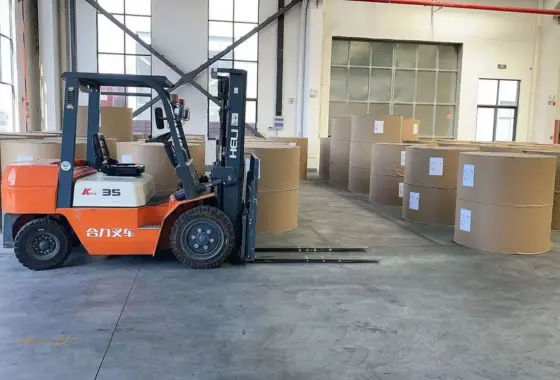- Home
- contact paper on wood cabinets manufacturers
Tach . 20, 2024 23:28 Back to list
contact paper on wood cabinets manufacturers
The Impact of Sustainable Practices on Wood Cabinets Manufacturers
In recent years, the wood cabinet manufacturing industry has faced increasing scrutiny over its environmental impact. As consumer awareness grows regarding sustainability, manufacturers in this sector are innovating and adapting their practices to meet both regulatory requirements and consumer expectations. This essay explores the challenges and opportunities that wood cabinet manufacturers encounter when embracing sustainable practices.
The Impact of Sustainable Practices on Wood Cabinets Manufacturers
One of the most effective strategies for manufacturers is the use of certified wood products. Organizations such as the Forest Stewardship Council (FSC) provide certification to lumber suppliers who adhere to sustainable forestry practices. By utilizing FSC-certified wood, cabinet manufacturers can assure their customers that the materials used are sourced from responsibly managed forests. This not only helps in preserving ecosystems but also appeals to environmentally conscious consumers who are increasingly inclined to choose products that align with their values.
contact paper on wood cabinets manufacturers

In addition to responsible sourcing, manufacturers are also adopting greener production processes. Many are investing in advanced technologies that minimize waste and energy consumption. For example, the utilization of computer numerical control (CNC) machines can optimize material usage, cutting down on scrap. Moreover, innovative finishing techniques are being developed to reduce harmful emissions from volatile organic compounds (VOCs), making the manufacturing of wood cabinets less harmful to both workers and the environment.
Another essential aspect of sustainable practices in wood cabinet manufacturing is the circular economy model. Manufacturers are beginning to embrace concepts such as recycling and upcycling wood materials, allowing them to create new products from previously used materials. This not only helps in reducing landfill waste but also encourages more sustainable consumption patterns among consumers. For instance, reclaimed wood is gaining popularity, as it adds character to cabinets while reducing the need for newly sourced timber.
Consumer education plays a crucial role in the success of these sustainable practices. Manufacturers who effectively communicate the ecological benefits of their products are likely to attract more customers. By highlighting certifications, sustainable sourcing practices, and the durability of their products, they can differentiate themselves in a competitive market. Trade shows, social media, and web-based platforms provide excellent avenues for manufacturers to showcase their commitment to sustainability and engage customers in meaningful conversations about environmental responsibility.
In conclusion, wood cabinet manufacturers are at a pivotal point in their industry as they respond to the challenges posed by environmental issues and changing consumer expectations. By prioritizing sustainable sourcing, adopting greener production methods, and promoting a circular economy, they can position themselves as leaders in the market. Embracing these changes not only benefits the environment but can also enhance brand loyalty and ensure long-term success in a world that increasingly values sustainability. Thus, the commitment of wood cabinet manufacturers to sustainable practices is not just an ethical choice; it is a necessary step toward a viable future.
Latest news
-
Premium Duplex Coated Board Products Durable & Customizable Solutions
NewsMay.20,2025
-
Desk Adhesive Paper Suppliers Durable & Customizable Solutions
NewsMay.20,2025
-
Vinyl Paper for Furniture Waterproof, Durable & Custom Designs Top Suppliers
NewsMay.20,2025
-
Premium Duplex Board Manufacturer Uncoated, Grey Back & 350GSM Options
NewsMay.19,2025
-
Premium Furniture Tissue Paper Suppliers Durable & Customizable
NewsMay.19,2025
-
Durable Duplex Paper Meaning Top Manufacturers & Suppliers
NewsMay.19,2025

